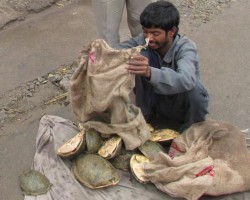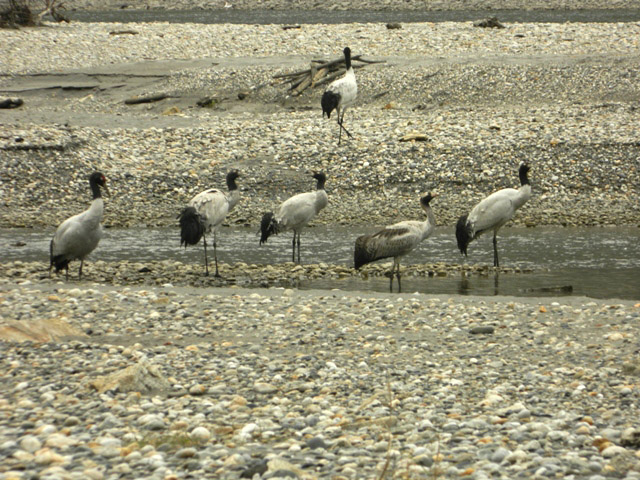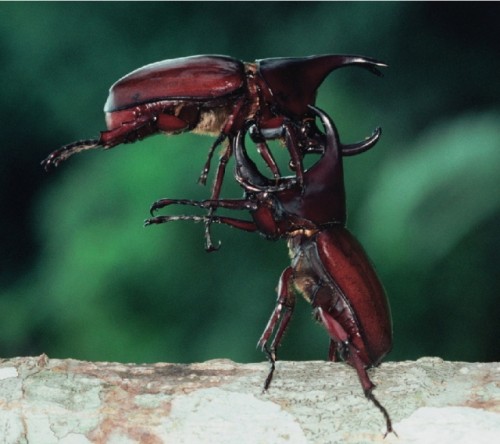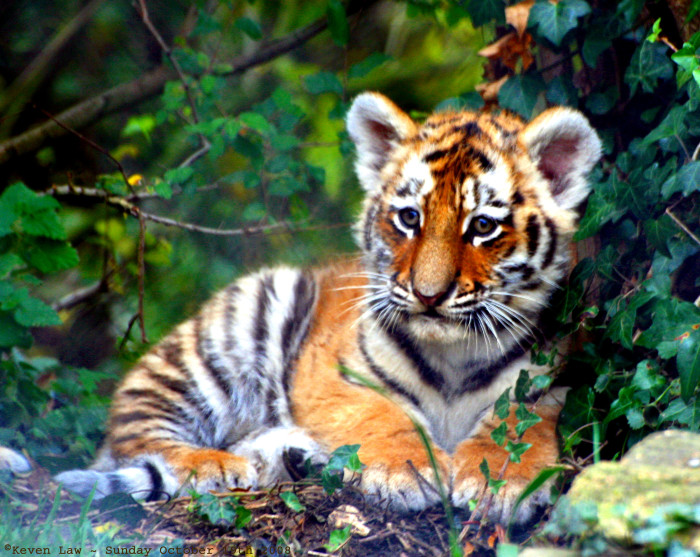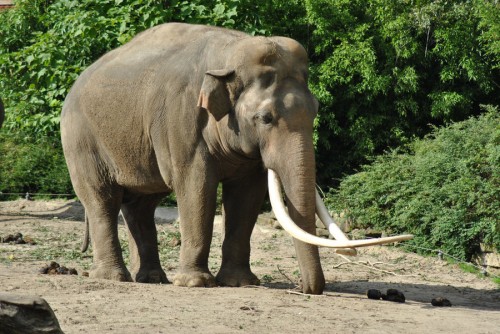POACHING: Poachers were caught while trying to smuggle 27 soft-shelled turtles near the Badarpur bus stand, Delhi in a well-coordinated operation by Wildlife SOS, Delhi Wildlife Department, Wildlife Crime Control Bureau and Delhi Police.
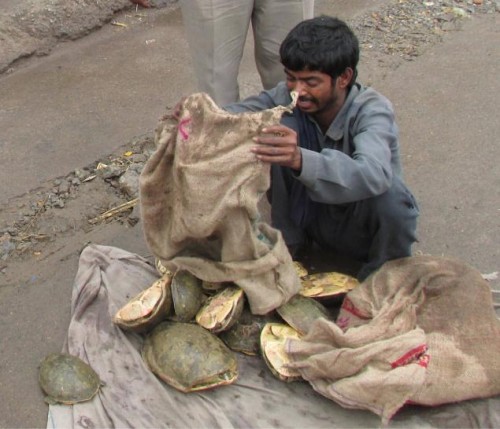
The poachers had captured the turtles in Rajasthan; packed them in bags and were bringing it to Delhi by public transport.
These turtles are a highly sought-after item in the illegal trade as their meat is believed to posses aphrodisiac properties. Other parts of this unfortunate species are also used in traditional Chinese medicine. The carapace (the hard outer shell) and the plastron (the bony part on the ventral side) of these endangered turtles is dried and powdered and then sold off to Bangladesh and South East Asian countries for this purpose.
The operation was launched after information about the turtles being smuggled was received by the anti-poaching and wildlife intelligence unit of conservation organisation Wildlife SOS. A Wildlife SOS team was lying in watch near the Badarpur bus stand in the wee hours of the morning. Once the movement of the poachers and the contraband was established, the concerned authorities were informed. Prompt & timely action saw the presence of Delhi police officials, officers from the Wildlife Crime Control Bureau and Delhi Wildlife Department apart from Wildlife SOS members on the scene to apprehend the poachers.
The team is now awaiting order from the court to then release the turtles to their natural habitat.
“It is shocking that the trade in endangered turtles goes on in Delhi so rampantly. These turtles are protected under the Wildlife Protection Act 1972. We are thankful to the Delhi police and the Wildlife authorities for their support and cooperation in making this operation a success,” said Kartick Satyanarayan, co-founder of Wildlife SOS.
Soft-shell turtle is listed as ‘Vulnerable’ on the IUCN Red list. The chief threat to the species is its trade in East Asia. Turtles are captured for their meat and the shells, apart from being used in traditional Chinese medicine are also sold as masks to tourists. Turtles sometimes get trapped in the nets of fishermen. Yet another factor affecting these turtles is the loss of habitat and polluted waters. These omnivores feed on aquatic plants and a variety of smaller animals such as fish, molluscs, and insects.
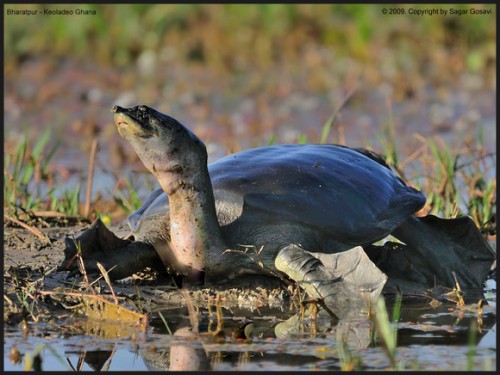
More About the Indian Soft-shell Turtle
Common Name – Indian soft-shell turtle, Ganges soft-shell turtle
Scientific Name – Aspideretes gangeticus, Nilssonia gangetica
IUCN Status – Vulnerable
Fast Facts
- The long, tube like snout and a flat soft shell are the most prominent feature of this turtle. When underwater the long neck and tube like snout help the turtle breathe by peeking out of the water.
- These turtles are omnivorous eating river plants mostly and other small preys.
- They are voracious and skilled predator and sometimes feeds in large groups.
- A group of turtles was once seen attacking, killing and feasting on a Nilgai antelope (Boselaphus tragocamelus) though it is a very rare occurrence.
- Turtles are highly threatened by trade in East Asia, for their meat. 30 to 40 tonnes are traded each week!
More Related Stories,
India Ends Brutal Slicing of Shark Fins: Why it Matters
UV Light Emitting Diodes to Save Turtles from Fish Nets
Mesmerising Coral Spawning Recorded in Lakshwadeep for the First Time
Image courtesy alchemyofnature and India PR

